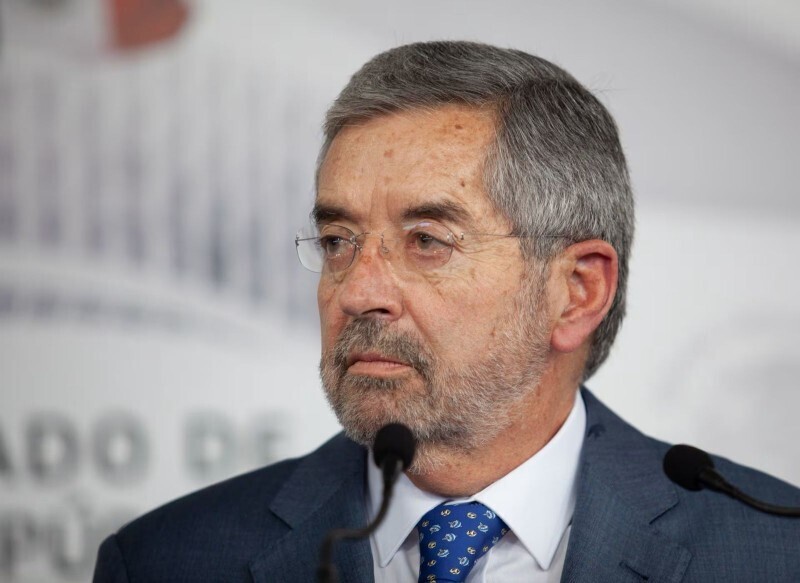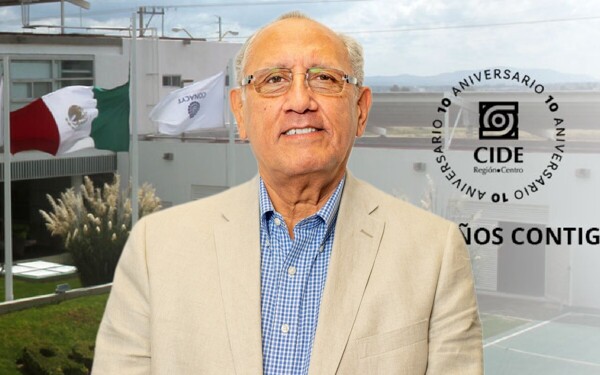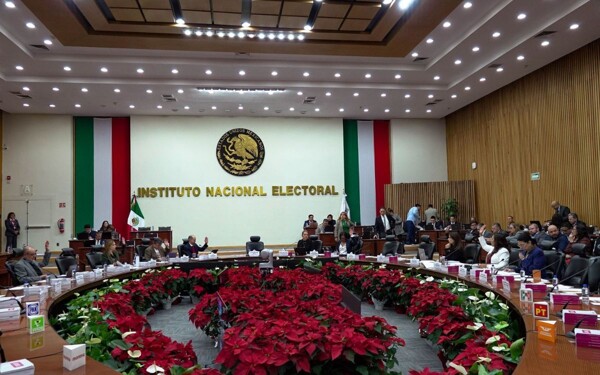
In this sense, Mexico reiterated its commitment to the principles of international law, respect for sovereignty, and cooperation among peoples, which also guide its participation in the CELAC-EU Summit. The Ministry of Foreign Affairs (SRE) reported that Mexico's participation "reflects the active role of Mexico as a relevant actor in the region and its commitment to a shared global agenda based on dialogue and cooperation." The chancellor's attendance takes place in a dynamic diplomatic context, following the meeting that President Sheinbaum held on November 7 with the President of France, Emmanuel Macron, where they agreed to promote a bilateral agenda on innovation, climate change, and sustainable development. However, the situation was also marked by the decision of the Congress of Peru to declare the Mexican leader a persona non grata, after her government granted political asylum to former Prime Minister Betssy Chávez, accused in her country of alleged rebellion and conspiracy. In response, the Government of Mexico categorically rejected the Peruvian resolution, stating that the political asylum granted to Chávez was carried out in accordance with the existing international treaties between both nations. The Secretary of Foreign Affairs, Juan Ramón de la Fuente, will represent Mexico at the IV Summit of the Community of Latin American and Caribbean States (CELAC) - European Union (EU), to be held on November 9 and 10 in Santa Marta, Colombia, on behalf of President Claudia Sheinbaum Pardo. The meeting, established in 2013, will bring together leaders and representatives of 60 countries from both regions, with the aim of strengthening political, economic, and social ties between Latin America, the Caribbean, and Europe. The SRE emphasized that the right of asylum "is a humanitarian and sovereign act that seeks to protect people persecuted for political reasons." The federal agency also recalled that the General Assembly of the United Nations establishes that asylum should not be interpreted as a hostile or interfering act, but as a measure of protection against political persecution.














